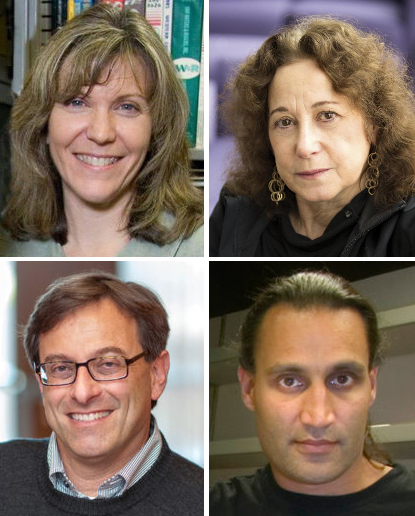Four scientists affiliated with the U.S. Department of Energy’s Lawrence Berkeley National Laboratory (Berkeley Lab) are among the group of 84 new members elected to the National Academy of Sciences (NAS); three are also professors at UC Berkeley.
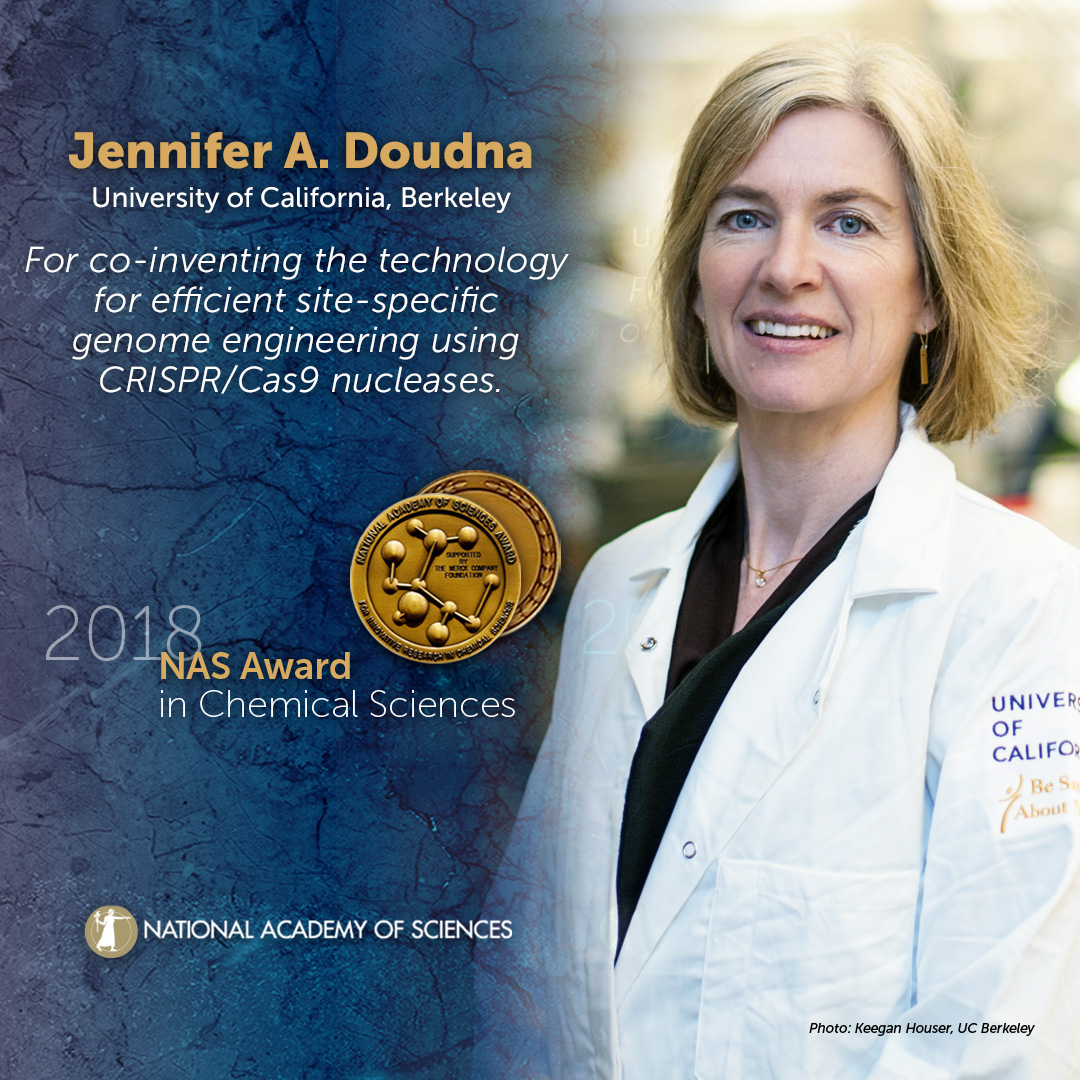 Also, the NAS on Sunday formally presented its 2018 NAS Award in Chemical Sciences to Jennifer Doudna, a Berkeley Lab biochemist and faculty scientist in the Molecular Biophysics and Integrated Bioimaging (MBIB) Division who is a professor of molecular and cell biology, and of chemistry, at UC Berkeley.
Also, the NAS on Sunday formally presented its 2018 NAS Award in Chemical Sciences to Jennifer Doudna, a Berkeley Lab biochemist and faculty scientist in the Molecular Biophysics and Integrated Bioimaging (MBIB) Division who is a professor of molecular and cell biology, and of chemistry, at UC Berkeley.
The annual award, announced in January, recognizes Doudna’s co-invention of “the technology for efficient site-specific genome engineering using CRISPR/Cas9 nucleases.”
In addition to its new members, the academy – a private, nonprofit institution that provides policy advice to the federal government and other organizations – announced 21 new foreign associates. The new members and associates are recognized for “distinguished and continuing achievements in original research,” according to the academy’s May 1 announcement. With the latest additions, the academy now has 2,382 active members and 484 foreign associates.
The following is a list of the newly elected Berkeley Lab members:
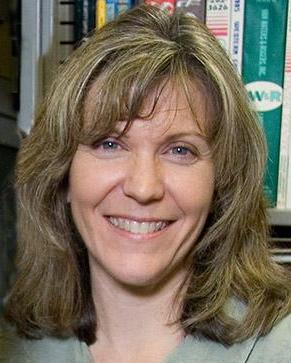 Kristie Boering is a faculty scientist in the Climate & Ecosystem Sciences Division at Berkeley Lab and a UC Berkeley professor of chemistry and earth and planetary science who studies physical, environmental, and atmospheric chemistry; climate change; and earth and planetary science.
Kristie Boering is a faculty scientist in the Climate & Ecosystem Sciences Division at Berkeley Lab and a UC Berkeley professor of chemistry and earth and planetary science who studies physical, environmental, and atmospheric chemistry; climate change; and earth and planetary science.
She conducts ground-based experiments and aerial experiments using aircraft and balloons, and computerized simulations of the transport and exchange of gases between the atmosphere and biosphere.
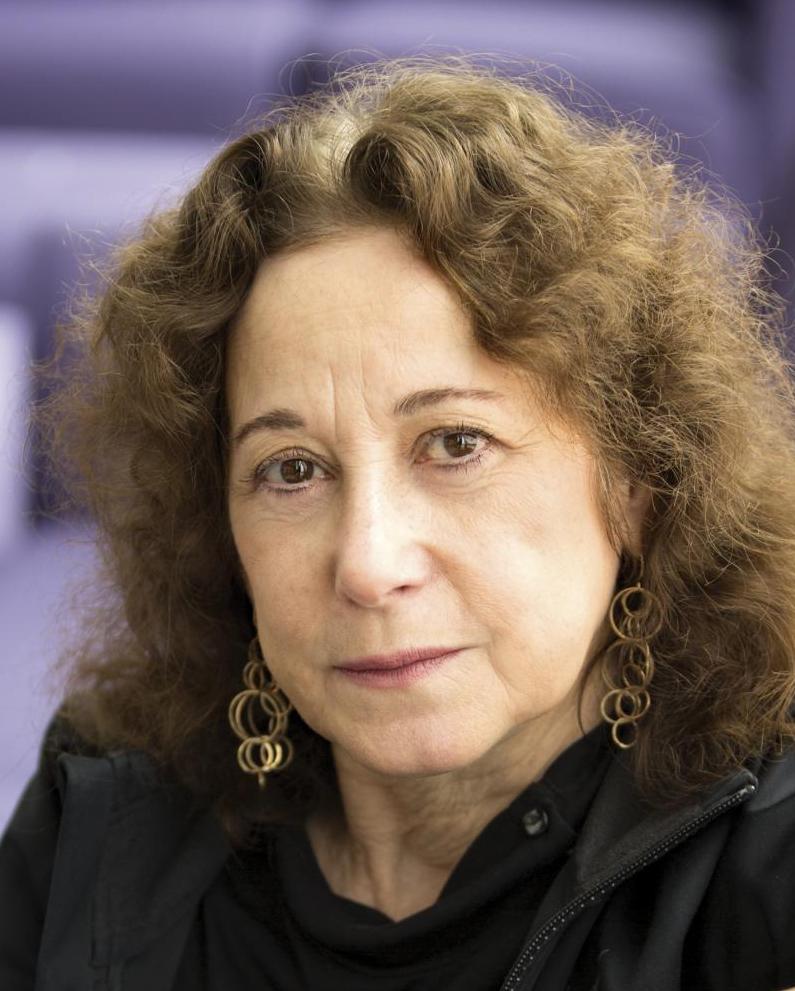 Judith Campisi is a biochemist affiliated with Berkeley Lab’s Biological Systems and Engineering Division. She is also a professor at the Buck Institute for Research on Aging in Novato, Calif, and the co-founder of a biotech company that is developing therapies for tissue restoration.
Judith Campisi is a biochemist affiliated with Berkeley Lab’s Biological Systems and Engineering Division. She is also a professor at the Buck Institute for Research on Aging in Novato, Calif, and the co-founder of a biotech company that is developing therapies for tissue restoration.
She is widely known for her research on a cell type associated with aging and the promotion of disease, and her research interests include aging, tumor suppression, genomic stability, and cell-cycle control.
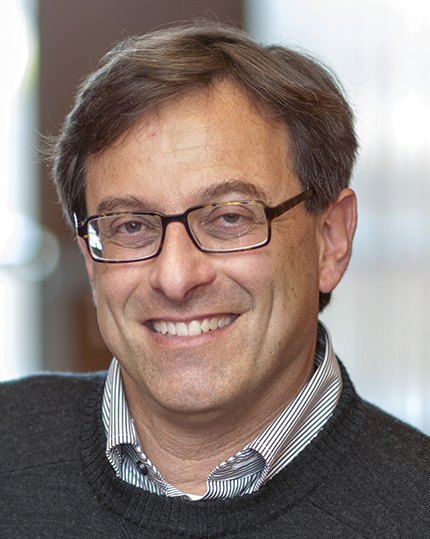 Ehud “Udi” Isacoff is a biologist and faculty scientist in the MBIB Division at Berkeley Lab.
Ehud “Udi” Isacoff is a biologist and faculty scientist in the MBIB Division at Berkeley Lab.
He is also a professor of neurobiology and serves as director of the Helen Wills Neuroscience Institute and Molecular Imaging Center at UC Berkeley.
His research focuses on cellular and tissue imaging, neural circuit function, and the design of probes to detect neuronal signaling.
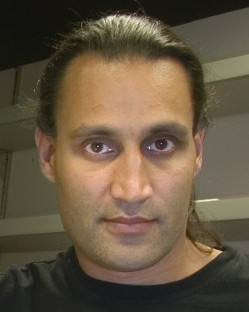 Michael Manga is a faculty scientist in the Energy Geosciences Division at Berkeley Lab and a professor in the Department of Earth and Planetary Science at UC Berkeley.
Michael Manga is a faculty scientist in the Energy Geosciences Division at Berkeley Lab and a professor in the Department of Earth and Planetary Science at UC Berkeley.
His research expertise includes earth and planetary science, and geological processes involving fluids, including volcanology, and flow and transport in porous materials.
More:
- View a related UC Berkeley press release
- View the related National Academy of Sciences announcement
- About National Academy of Sciences members
###
Lawrence Berkeley National Laboratory addresses the world’s most urgent scientific challenges by advancing sustainable energy, protecting human health, creating new materials, and revealing the origin and fate of the universe. Founded in 1931, Berkeley Lab’s scientific expertise has been recognized with 13 Nobel Prizes. The University of California manages Berkeley Lab for the U.S. Department of Energy’s Office of Science. For more, visit www.lbl.gov.
DOE’s Office of Science is the single largest supporter of basic research in the physical sciences in the United States, and is working to address some of the most pressing challenges of our time. For more information, please visit science.energy.gov.
